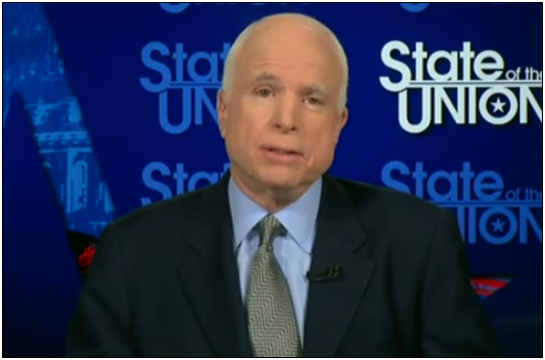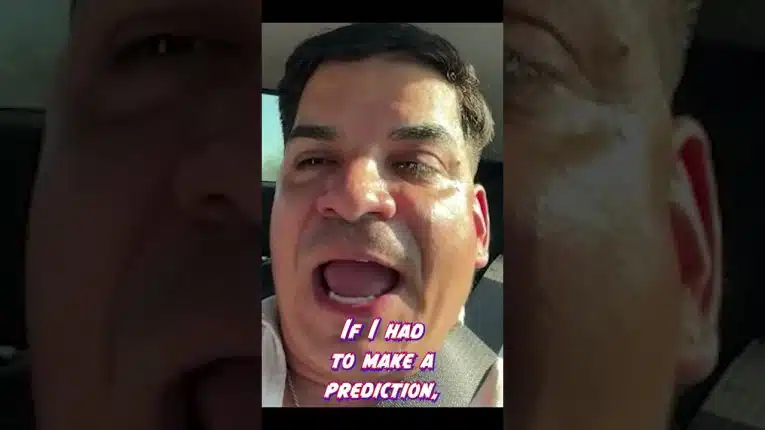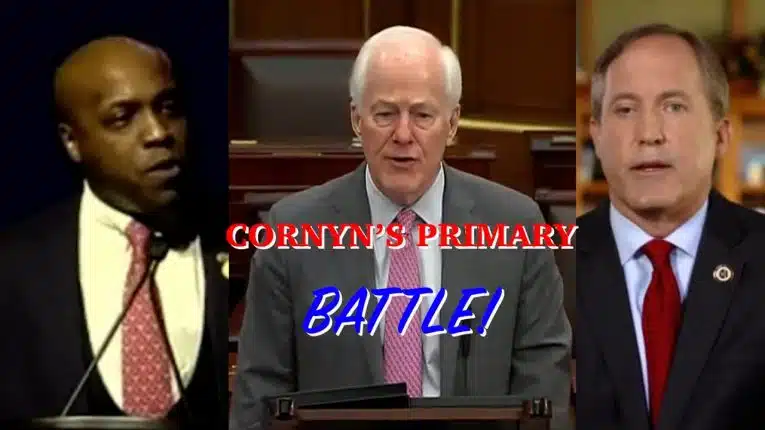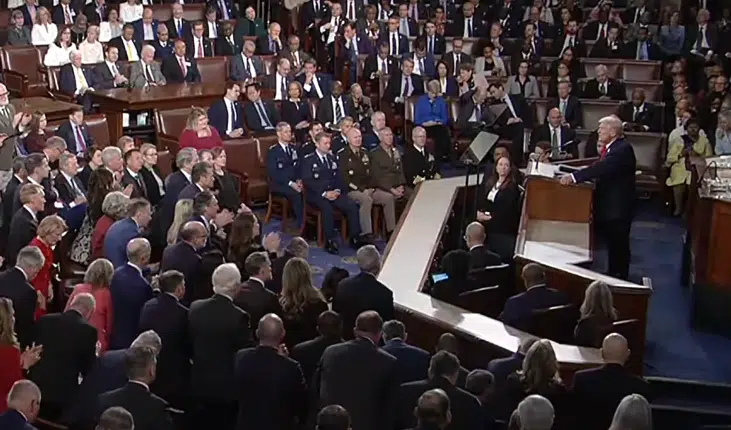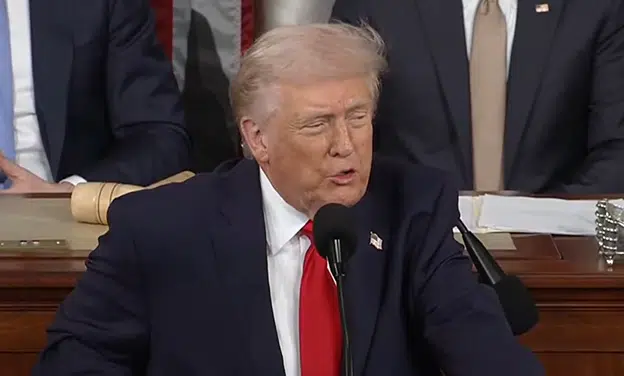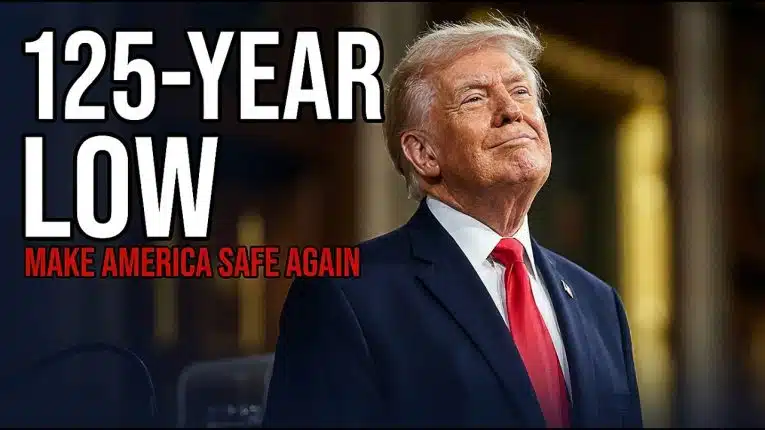The dossier by former British spy Chistopher Steele paid for by the Democratic National Committee and the Hillary Clinton campaign that alleged President Donald Trump was a Russian agent was trafficked to the FBI and media outlets in late 2016 by the late Sen. John McCain and the Senior Director for Human Rights and Human Freedoms of the McCain Institute, David Kramer.
It turns out they didn’t really need the help. By the time McCain and Kramer were sending the dossier around, the FBI had already used to it get a Foreign Intelligence Surveillance Act (FISA) warrant against Trump campaign adviser Carter Page beginning in Oct. 2016 that allowed surveillance of Trump campaign, transition and then administration officials since the surveillance continued well into 2017. And Steele himself was responsible for getting the dossier to a few news outlets in September and October prior to the election.
In a sworn deposition in federal court, Kramer admitted that he and McCain first learned about the dossier at the Nov. 19, 2016 at the Halifax International Security Forum. McCain directed Kramer to meet with Steele on Nov. 28, 2016, where Steele explained to him, in Kramer’s words, “that what was produced was that needed to be corroborated and verified, he himself did not feel that he was in a position to vouch for everything that was produced in this.”
Kramer said Steele wanted him to get McCain to hand the dossier to the FBI, saying, in Kramer’s words, “he thought having Senator McCain weigh in would be hopeful in terms of giving the FBI additional prod to take this seriously.” Kramer gave the dossier to McCain, who gave it to the FBI on Dec. 9, 2016. Kramer said he had explained to McCain that it was unverified.
Kramer said he then passed the dossier along to CNN and to State Department officials. He also admitted to briefing Buzzfeed on the dossier in December 2016, allowing Buzzfeed reporter Ken Bensinger to read it and take pictures of it, only to call Bensinger in January 2017 immediately after it was published demanding it be taken down.
“[T]his was only supposed to have been released or posted and published if it had been verified,” Kramer is quoted in the deposition as saying, indicating that it was a part of his understanding with Steele.
It was the publication of the dossier that eventually led to the Congressional investigation into how the dossier had been used to engage in spying against the Trump campaign in 2016. It turned out Steele was the primary source of the allegations the FBI had used.
In an ironic twist, it was the publication of the dossier that also almost immediately and over the long haul led to its debunking. Within hours, Trump’s then-lawyer Michael Cohen announced he had never been to Prague, Czech Republic in his entire life as the dossier claimed. And if he hadn’t been in Prague in the summer of 2016, then he very well couldn’t have been there talking to Russian agents about the supposed conspiracy between the Trump campaign and Russia to hack the DNC and put the emails onto Wikileaks, as Steele alleged.
Later in February 2019 when Cohen testified to Congress, he reiterated, “I’ve never been to Prague. I’ve never been to the Czech Republic.”
The dossier also alleged that the Russian hack of the DNC had occurred with “the full knowledge and support of Trump and senior members of his campaign team.” We know from the indictment of Russian intelligence officers by Special Counsel Robert Mueller that the hacking occurred in the spring of 2016. The Podesta emails were hacked in March 2016, and the DNC emails were hacked in May and June 2016 and then were delivered to Wikileaks in July 2016.
Cohen again proved to be a reliable witness for none other than Trump, indicating that then-candidate Trump did not learn about any pending publication on Wikileaks until July 2016 just days before the Democratic National Convention in July 2016 when Roger Stone called Trump indicating there would be, in Cohen’s description, “a massive dump of emails [on Wikileaks] that would damage Hillary Clinton’s campaign.” Cohen testified that Trump’s reaction was to say, “Wouldn’t that be great?”
But by then, the fact that Wikileaks potentially had emails damaging to the Clinton campaign allegedly from Russia was alreadypublic knowledge.
On June 11, 2016 Julian Assange told ITV that Wikileaks had emails related to Hillary Clinton: “We have upcoming leaks in relation to Hillary Clinton … We have emails pending publication, that is correct.” This was an apparent reference to the John Podesta emails that would publish later that year.
Then, on June 14, 2016, the Washington Post had published its story that Russia had hacked the DNC and stolen the emails.
On June 15, 2016, seven days prior to when Special Counsel Robert Mueller alleges Wikileaks contacted Guccifer 2.0, the WordPress blog by Guccifer 2.0 appeared, taking credit for the DNC hack, and saying everything had already been given to Wikileaks. Guccifer 2.0 claimed, “The main part of the papers, thousands of files and mails, I gave to Wikileaks. They will publish them soon.”
Wikileaks published the DNC emails on July 22. And it was at that point, per Mueller’s indictment of Roger Stone for lying to investigators, that the Trump campaign became interested: “After the July 22, 2016 release of stolen DNC emails by [Wikileaks], a senior Trump Campaign official was directed to contact Stone about any additional releases and what other damaging information [Wikileaks] had regarding the Clinton Campaign. Stone thereafter told the Trump Campaign about potential future releases of damaging material by [Wikileaks].”
Why use Stone as an intermediary to Wikileaks if there was already a conspiracy with Russia and the campaign already knew all about the emails? Instead, Mueller’s account in the Stone indictment appears to suggest that the Trump campaign was in the dark about the hacks and was attempting to learn more about them from the outside.
As a result, many of the important details we have learned since Buzzfeed published the dossier appear to contradict Steele’s core allegation that the hacks had occurred with the “full knowledge and support” of Trump and his campaign. And if it weren’t for McCain and Kramer trafficking the dossier all over Washington, D.C., with Buzzfeed finally publishing the dossier, the public might have never been able to evaluate Steele’s claims objectively.
That said, it was irresponsible for Kramer to have fed the disinformation to media outlets, just as it was irresponsible for Steele to have fed the unverified information to the FBI and then the FBI to have brought the claims to the court and engineer a spying operation around it.
President Trump’s anger with McCain and everyone else involved with the dossier is understandable. But McCain’s role in the affair came after the election, not before, as Trump stated on Twitter. That said, the disgrace and shame that the Russia collusion investigation, based on Steele’s false allegations that the Trump campaign helped hack the DNC emails, has brought on this country will unfortunately always be tied to McCain’s legacy. It’s one of the worst things that has ever happened in the history of this country. The elected Obama administration was spying on the opposition party, the Trump campaign, in an election year.
It has also made unintended conflict with Russia more likely and poisoned any possibility of détente with Moscow. The Reagan era Intermediate Nuclear Forces Treaty has disintegrated and the Strategic Arms Reductions Treaties could be next. Trump ran on the idea of getting along better with Russia and it is hard not to believe that these allegations were explicitly designed to make that essentially impossible.
It has opened a Pandora’s box.
The irony is that the outcome was probably the opposite of what Trump’s opponents hoped would happen when the dossier was fed to McCain and perhaps what McCain himself had hoped for. When the history books are written, McCain’s unintended role in the publication and thus exposing of the Steele dossier should not be ignored. We might never have found out about the extent of the spying otherwise. Something to keep in mind.
Now it is up to the Attorney General William Barr to make the most of the opportunity McCain unwittingly provided the country to clean up the mess at the Justice Department that Steele and the DNC-Clinton-financed dossier created. Some good can still come out of this, but Barr has to clean house and make certain this never happens again.
Robert Romano is the Vice President of Public Policy at Americans for Limited Government.


